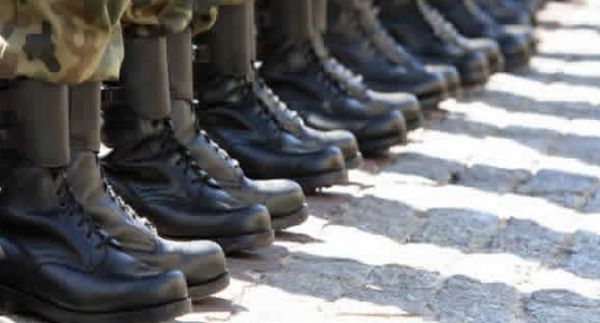The Debt Management Office (DMO) says the financing of infrastructural projects with Sukuk has improved the standard of living of Nigerians as well as the economic growth of the country.
Patience Oniha, director-general, DMO, speaking on Thursday during a live interview on Arise TV, added that it helped provide jobs and scaled small businesses.
Sukuk is an Islamic financial certificate (bond) that complies with religious law known as Sharia.
Since the establishment of the initiative in September 2017, DMO has issued four Sovereign Sukuk — 2017, 2018, 2020 and 2021 — to finance the construction of roads and bridges.
Advertisement
Earlier in the month, the DMO listed a 250 billion, 10-year, 13% Ijarah Sovereign Sukuk due 2031 on the Nigerian Exchange Limited.
Oniha said listing of the Sukuk bond gave room for transparency and liquidity.
“It gives room for liquidity and transparency and discovery. It speaks again to one of the unique features of FGN securities. We say they are liquid. You can buy it now. It doesn’t matter the tenor. If you need to sell later, you can and if you didn’t buy at issue, you can always access the securities. That is a significant aspect for investors,” she said.
Advertisement
“For the macro, listing the securities on the two exchanges we have in Nigeria helps to boost the activities overall and the size of the two exchanges, which are significant when countries are being assessed and reviewed”.
She said one of Nigeria’s current challenges is “infrastructure — especially in the power, roads or rail”.
“As you know, we have issued about N612 billion to date, but what we are listing is the last one which was issued in September last year. In each of the four cases, we have invested in roads and bridges. They have transformed the environment in which they are,” Oniha said.
“They have created employment because the contractors went back to work knowing that they will be paid, and those that abandoned projects started working fast because it had shown that once you do your job, you get paid.
Advertisement
“So there was employment and then the business that you would quickly find around a construction site — small businesses selling stuff; that took off as well.
“But on a micro level, when you invest in infrastructure, it not only improves the quality of life, it makes your country more productive for investors — whether the domestic or external investors. Overall, your gross domestic product (GDP) will grow.”
Add a comment






